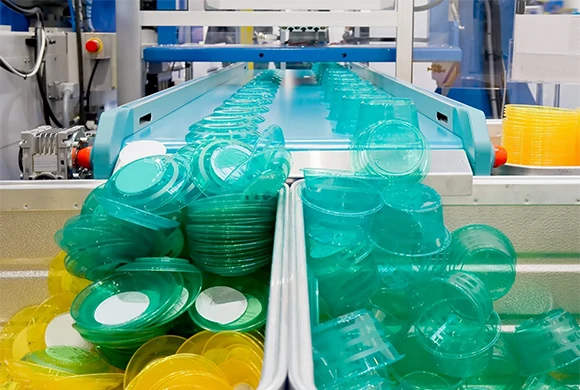Chemical Formula:
C3H3N3O3
Specifications:
1t
Molecular Weight:
129.1
Package weight:
25kg
HS Code:
2933692910
Cyanuric acid, also known as isocyanuric acid or cyanuric acid; Chemical name: 2,4,6-trihydroxy-1,3,5-triazine. It si a white crystal that precipitated from water and contains two crystal waters.. Slightly bitter in taste, basically non-toxic, soluble in hot water, slightly soluble in cold water, acidic in aqueous solution, soluble in aqueous solutions of potassium hydroxide and sodium hydroxide, insoluble in cold organic solvents such as alcohols, ethers, and benzene. There are two isomers, namely keto and enol structures, which usually exist as a mixture of the two isomers.
Dissolve in hot water, slightly soluble in cold water. Melting point 330 ℃, pH value of saturated solution ≥ 4.0. Has excellent chemical stability. Long lasting disinfection effect. Has good moisturizing and antioxidant properties. Has good weather resistance and corrosion resistance. Has good permeability and biocompatibility
The cyanuric acid product should be stored in a cool, ventilated, rainproof, and sunproof place.
Far away from open flames, heat sources, and high temperatures.
It is strictly prohibited to mix and transport with strong acids, strong alkalis, and strong oxidants.
| Ingredients | Quality index |
| Premium grade | |
| Cyanuric acid content % | ≥98.5 |
| Drying weight loss % | ≤0.5 |
| Ignition residue % | ≤0.1 |
| 1%PH value of aqueous solution | ≥4.0 |
| Iron content ppm | ≤25 |
| Sulfate % | ≤0.5 |

As an important water quality stabilizer.
It prevent the formation of calcium carbonate and barium carbonate. Maintain clear water quality, and extend the service life of pipelines and equipment.

Widely used in the production of cleaning agents and disinfection products. Effective prevention of bacterial and viral infections. As a synthetic raw material for hemostatic drugs and some special drugs.

Used as insecticides and weed control agents, they are effective in controlling pests and weeds in crops.

As a metal cyanide moderator. As one of the components of crosslinking and curing agents. Improve the performance and service life of plastic products. Applied to industries such as fuel, dyes, leather, and textiles.
Get top-quality sodium chlorite and chlorine dioxide products, along with custom solutions. Our expert team is here to help - contact us today!
Contact Us